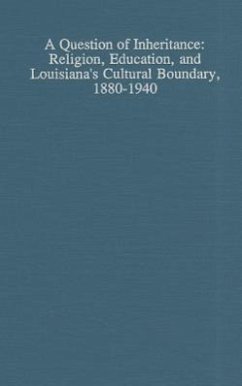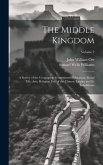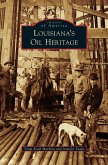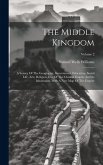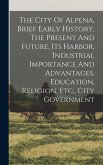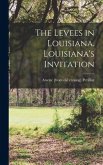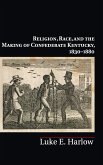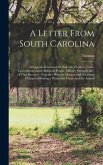The social dichotomy in Louisiana between Protestantism and Catholicism, already statistically apparent by religious census data in 1890, remained apparent into the twentieth century. By 1936, the date of the United States government's fifth and last religious census, North and South Louisiana had become more firmly differentiated by religious affiliation than in 1890, when the first government religious census was taken. From the beginning of Louisiana's settlement by different ethnic and national populations, religion was the primary social institution that reinforced ethnic, linguistic, economic, and other differences of custom, allowing cultural identities, once formed, to persist even once other cultural boundary-maintaining mechanisms weakened or disappeared. Louisiana's cultural dichotomy perpetuated itself throughout the period of rapid social change between Reconstruction and World War II, largely through the survival of different cultural identities associated with Catholicism and with evangelical Protestantism. During the twentieth century, Catholics and Protestants alike used Louisiana's developing public school system not only to maintain and strengthen their own influence in those geographic areas where they were dominant, but they also used public education to help preserve the cultural boundary between the northern and southern sections of the Pelican State. A Question of Inheritance is the most important study to date of the deep and enduring cultural and religious differences between North and South Louisiana.
Bitte wählen Sie Ihr Anliegen aus.
Rechnungen
Retourenschein anfordern
Bestellstatus
Storno

